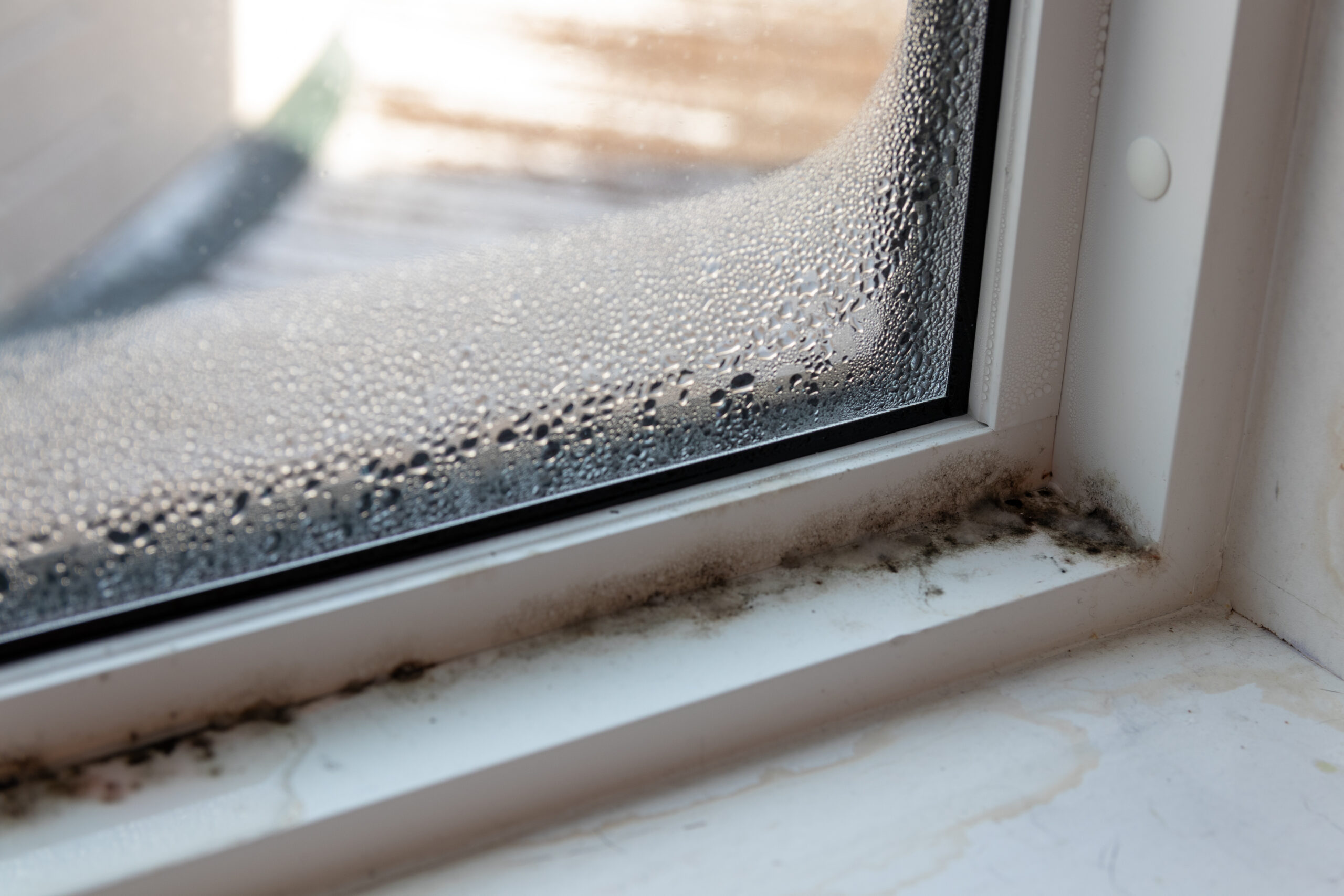As environmental awareness grows, many of us are learning about the many toxins present in our daily lives and the associated risks of exposure.
Mold is a common environmental problem that can affect indoor air quality and pose serious health risks. Understanding mold exposure and its toxicity, especially when misdiagnosed, is crucial for maintaining good health.
One thing to understand is the seasonal implications of mold exposure, how to identify if you are suffering from it, the long-term health impacts, and why traditional and functional medicine approaches are important for proper diagnosis and treatment.
Seasonal Implications of Mold Exposure
Mold thrives in environments that are damp, warm, and dark. Consequently, seasonal changes can significantly influence mold growth and exposure levels.
- Spring and Summer: These seasons bring increased humidity and rainfall, creating ideal conditions for mold proliferation. Homeowners should be vigilant about managing moisture levels, especially in basements, bathrooms, and kitchens. Spring and summer also see a rise in outdoor mold spores, which can affect individuals with allergies.
- Fall and Winter: Cooler temperatures and heating systems can contribute to indoor mold problems. When homes are sealed tightly to conserve heat, indoor humidity can rise, and mold can grow in hidden areas such as behind walls or under floors. It’s essential to monitor indoor humidity levels and ensure proper ventilation during these colder months.
Understanding these seasonal implications can help in preventative measures and in recognizing mold-related symptoms that may arise due to seasonal changes.
Signs of Mold Exposure
Mold exposure can manifest in various ways, and recognizing these signs is crucial for timely intervention:
- Respiratory Issues: Persistent coughing, wheezing, nasal congestion, and throat irritation can be signs of mold-related respiratory problems. People with asthma or allergies may experience exacerbated symptoms.
- Skin Reactions: Mold exposure can lead to skin rashes, itching, or hives. These reactions may be localized or widespread.
- Fatigue and Headaches: Chronic fatigue, headaches, and difficulty concentrating are often reported by individuals exposed to mold. These symptoms can be particularly troubling and may affect daily functioning.
- Unexplained Symptoms: If you experience a combination of symptoms that seem unconnected to other health conditions, mold exposure could be a potential cause.
- Visible Mold: Noticeable mold growth on walls, ceilings, or other surfaces is a clear indicator of mold presence. However, mold can also be hidden within walls, under carpets, or in HVAC systems.
If you notice any of these symptoms or visible signs of mold, it’s crucial to seek medical advice to determine the underlying cause.
Long-Term Health Impacts of Mold Exposure
Prolonged exposure to mold can lead to serious health problems, particularly in individuals with compromised immune systems, children, and the elderly. Some of the long-term health impacts include:
- Chronic Respiratory Conditions: Extended mold exposure can lead to chronic bronchitis, asthma, and other respiratory diseases. Mold can irritate the lungs and exacerbate pre-existing respiratory conditions.
- Neurological Symptoms: There is growing evidence linking mold exposure to neurological symptoms such as memory loss, confusion, and cognitive impairment. Mycotoxins produced by certain types of molds may contribute to these issues.
- Immune System Dysfunction: Mold exposure can weaken the immune system, making individuals more susceptible to infections and other illnesses.
- Autoimmune Reactions: In some cases, mold exposure can trigger autoimmune responses, leading to chronic inflammatory conditions like arthritis or lupus.
Addressing mold exposure early can prevent these long-term health issues and improve overall well-being.
Misdiagnosis by Conventional and Traditional Doctors
Diagnosing mold exposure and toxicity can be challenging. Conventional and traditional doctors may misdiagnose mold-related health problems due to the following reasons:
- Overlap with Other Conditions: Symptoms of mold exposure, such as respiratory issues and fatigue, can overlap with other common illnesses like the flu, allergies, or chronic fatigue syndrome. This overlap can lead to misdiagnosis.
- Lack of Awareness: Some healthcare providers may not consider mold exposure as a potential cause of symptoms, especially if there are no visible signs of mold or if the patient’s primary symptoms are not respiratory.
- Inadequate Testing: Conventional tests may not always detect mold toxins or assess mold-related health impacts comprehensively. Standard blood tests or allergy tests may not provide the complete picture.
In such cases, turning to functional medicine can be beneficial for a more thorough evaluation.
The Role of Functional Medicine
Functional medicine takes a holistic approach to diagnosis and treatment, addressing the root causes of health problems rather than just the symptoms. For mold exposure, functional medicine can offer:
- Comprehensive Testing: Functional medicine practitioners use advanced diagnostic tests to identify mold toxins, assess mold-related immune responses, and evaluate overall health impacts.
- Personalized Treatment Plans: Functional medicine provides tailored treatment plans based on individual health assessments. This may include detoxification protocols, dietary adjustments, and lifestyle changes.
- Focus on Root Causes: By addressing the root causes of mold toxicity, functional medicine aims to restore balance and improve overall health.
Finding Help for Mold Exposure
There are therapeutic solutions for mold exposure and toxicity. Potential services include:
- Detoxification Therapies: Specialized detoxification protocols can help your body eliminate mold toxins. This may include targeted supplements, IV therapies, advanced nutrition guidance, and ozone therapy.
- Personalized Health Plans: A functional medicine approach ensures that mold toxicity is properly diagnosed, and personalized treatment plans to support recovery align with your overall health status and goals rather than forcing a one-size-fits-all approach.
- Ongoing Support: The detoxification process can take a while and requires continuous support and follow-up to monitor progress. Continuous monitoring and support allow for the adjustment of treatment plans as needed and ensure that you achieve optimal health outcomes.
Mold exposure and toxicity can significantly impact your health, particularly if not properly diagnosed and treated. Understanding the seasonal implications, recognizing the signs of exposure, and knowing the long-term health impacts are crucial steps in managing mold-related health issues.
While conventional medicine may offer some solutions, functional medicine provides a more comprehensive approach to diagnosis and treatment.
At Nava Health, we are dedicated to helping you identify and address mold toxicity through advanced diagnostic testing and personalized therapeutic solutions. If you suspect mold exposure is affecting your health, don’t hesitate to reach out for expert guidance and support.


